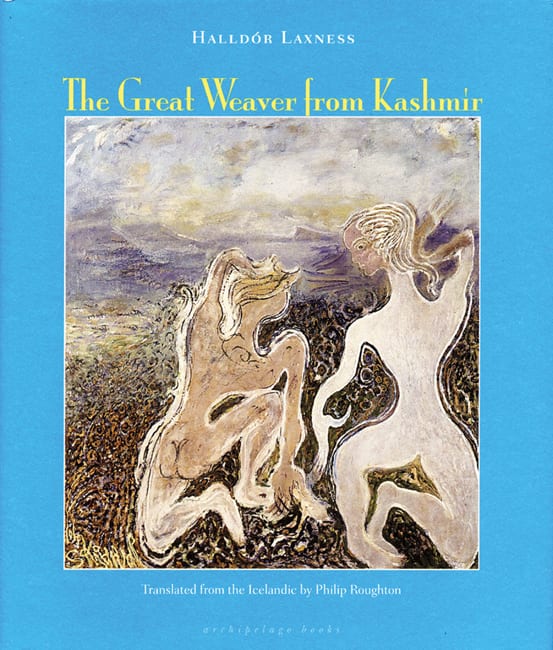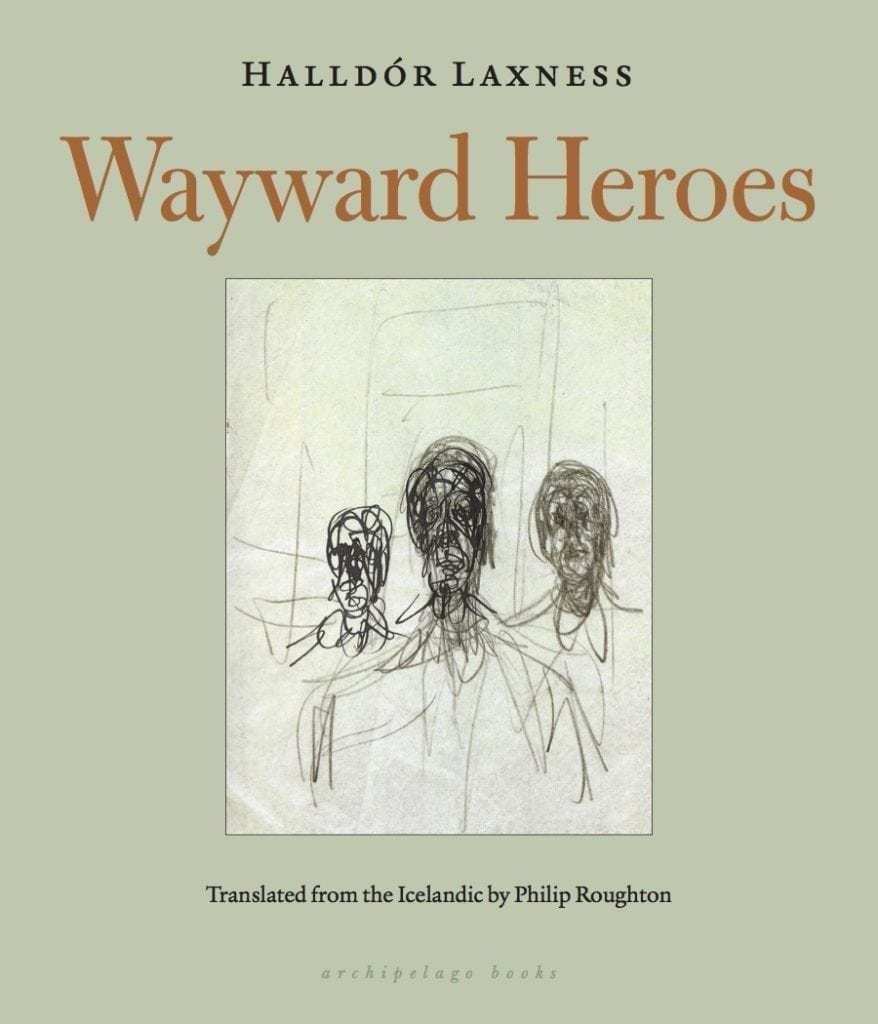Praise
Laxness brought the Icelandic novel out from the sagas' shadow…to read Laxness is also to understand why he haunts Iceland—he writes the unearthly prose of a poet cased in the perfection of a shell of plot, wit, and clarity.
Laxness is a poet who writes at the edge of the pages, a visionary who allows us a plot: He takes a Tolstoyan overview, he weaves in a Waugh-like humor: it is not possible to be unimpressed.
Laxness is a beacon in twentieth-century literature, a writer of splendid originality, wit, and feeling.
Science fiction. Table, fable, allegory. Philosophical novel. Dream novel. Visionary novel. Literature of fantasy. Wisdom lit. Spoof. Sexual turn-on. Convention dictates that we slot many of the last centuries′ perdurable literary achievements into one or another of these categories. The only novel I know that fits into all of them is Halldór Laxness′s wildly original, morose, uproarious Under the Glacier.
More than any other novel I know, Iceland′s Bell recreates a world Pieter Brueghel would have felt right at home, not merely in its fascination with bumblers (petty thieves, purblind watchmen) and grotesques (faceless lepers, hanging corpses), but also in its unearthly ability to find beauty in a landscape of destitution, wisdom in a congress of fools.
The qualities of the sagas pervade his writing, and particularly a kind of humor – oblique, stylized and childlike – that can be found in no other contemporary writer.
One quality that makes Laxness’s novels so morally uplifting is their air of tender but urgent gratitude. While his tone can vary widely from book to book…the reader consistently feels that the books are conceived in a spirit of homage; they are some of the world’s most substantial thank-you notes.
One of the world’s most unusual, skilled and visionary novelists.
Laxness habitually combines the magical and the mundane, writing with grace and a quiet humor that takes awhile to notice but, once detected, feels ever present…[A]ll his narratives…have a strange and mesmerizing power, moving almost imperceptibly at first, then with glacial force.
Extras
Halldór Laxness won the Nobel Prize in Literature in 1955. Read Laxness’s speech from the Nobel Banquet at the City Hall in Stockholm, December 10, 1955.
The New York Review of Books published an article on him, entitled “Laxness the Great.”
The Halldór Laxness Museum website.
Laxness In Translation blog.



